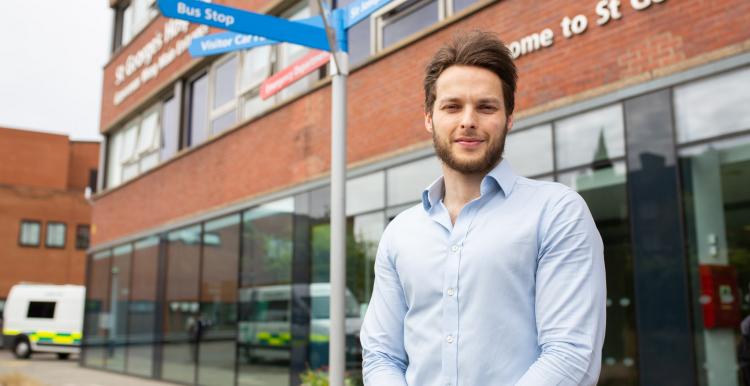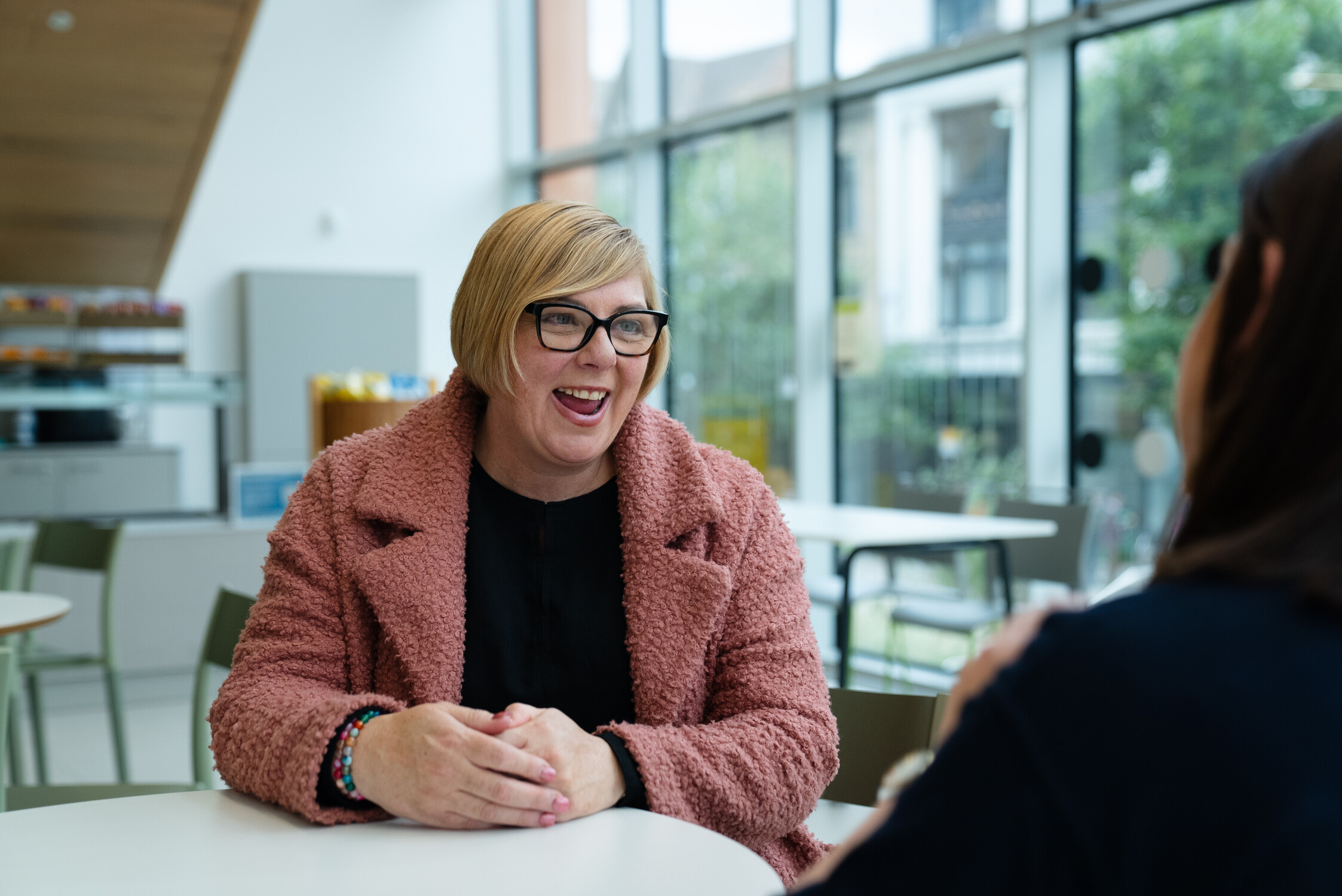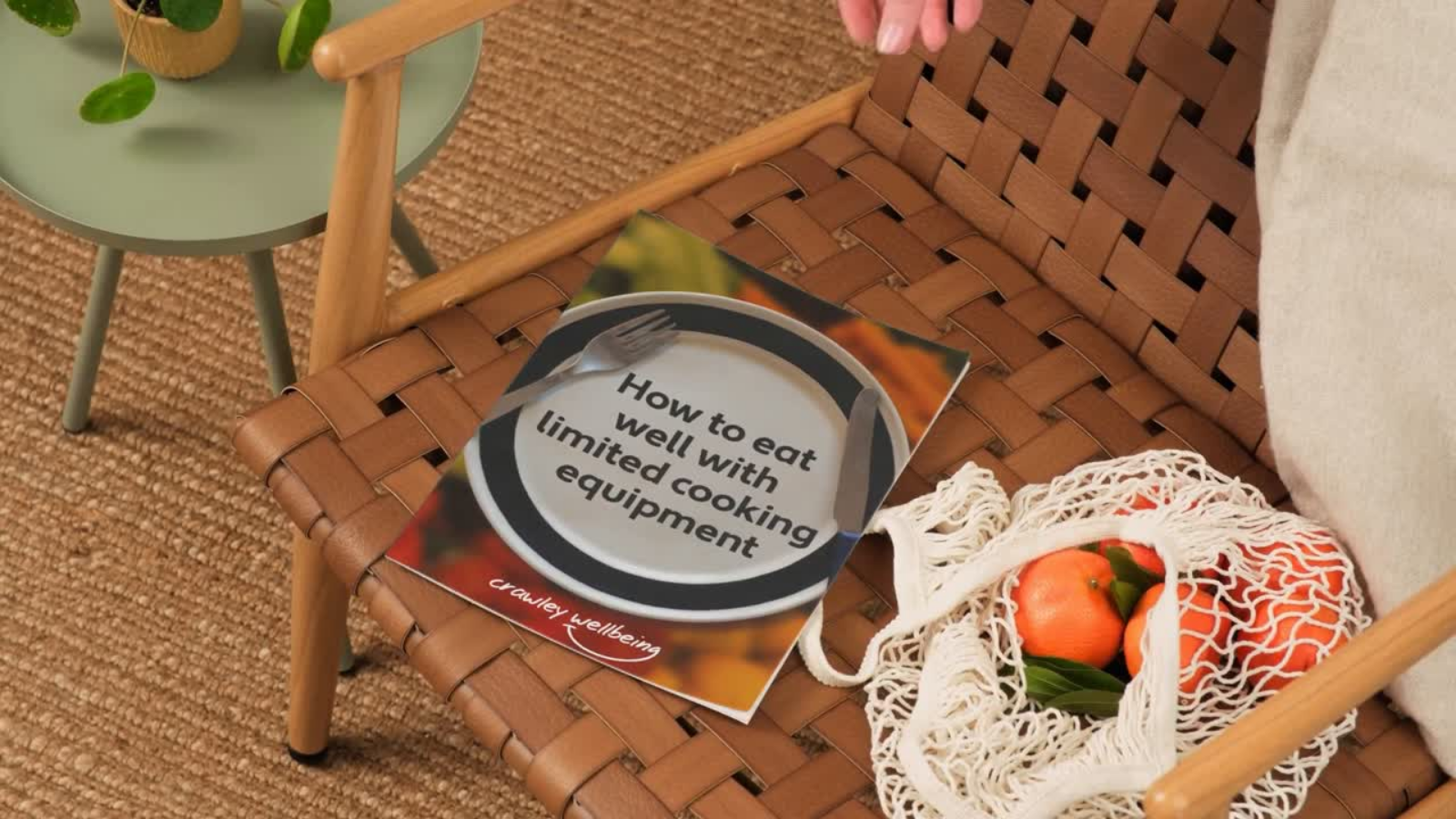Clinically Effective Commissioning (CEC) update

It is critically important that we make sure NHS funding is spent on care that we know is clinically effective and will bring benefit to our patients.
This work is known as the Clinically Effective Commissioning (CEC) Programme. Its been led by local GPs, hospital doctors and other specialists and aims to make sure services “offered to patients are shaped using the latest evidence and guidelines from national experts; deliver value for money for the NHS budget; and give the best results for individual patients and the public.”
Before 13th September, you may have experienced a difference in how you get access to tests and treatment for certain conditions depending on which part of Sussex you lived in, or the GP service you used – known commonly as a ‘postcode lottery’.
This may have meant that you, or your friends and family did not receive the treatment you should have, whilst others received NHS-funded procedures that offer little, or no clinical benefit. These may have included alternative therapies such as aromatherapy, herbal remedies, reflexology and homeopathy. Some procedures, for example before this work: tonsil removal, are four times more likely to be carried out in some parts of Sussex than others.
Our Clinical Commissioning Groups (CCGs) have said of this work
“It is critically important that we make sure NHS funding is spent on care that we know is clinically effective and will bring benefit to our patients. Through the CEC programme, a list of treatments and procedures has been divided into three groups. So far, the seven CCGs across Sussex have adopted a number of updated shared clinical polices in groups 0-2, covering a range including tonsillectomies, gallstones and trigger finger. You can see the full list on your local CCG website. The procedures in this list are not new - most already had guidelines. Our work has been about reviewing those that have limited or no clinical benefit, or those that demonstrate benefit within certain criteria.”
Further work is needed on other treatments, such as IVF and this will need greater public involvement to make sure that the decisions are well-informed and local people, who may be effected by any changes have a chance to have their say.
Healthwatch is pleased that this work is also raising the importance GPs and other clinicians have joint conversations with their patients to help people to understand and think through the best options for individual patients, in ways that really supports shared decisions about treatment options.
If you have any questions about your own treatment or a referral, please speak to your GP in the first instance.
Contact us
We are keen to make sure we understand local views – so please contact us if you have any experiences or issues relating to this or other treatments, referrals for tests etc.
Phone us on 0300 012 0122
Fill out our feedback online


